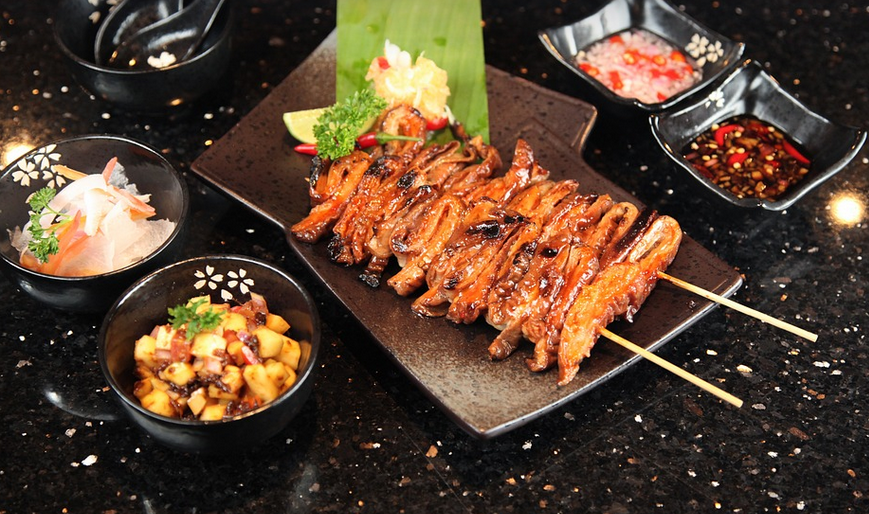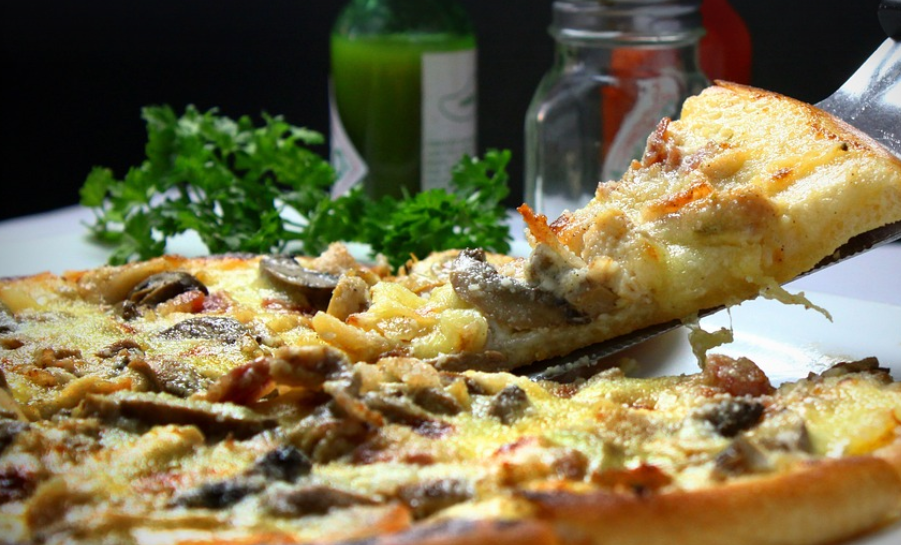A Deep Dive into the Dragon’s Diet
Bearded dragons, those charming and curious lizards, are known for their unique blend of personality and fascinating dietary habits. With their fondness for insects, they require a balanced diet that caters to their needs. One question frequently asked by new owners is whether hard boiled eggs can be included in their meal plan. The answer, while seemingly straightforward, requires a nuanced understanding of the broader picture.
Firstly, it’s essential to understand that beardies are omnivores, meaning they derive sustenance from both plants and animals. Their digestive system is equipped to handle a variety of foods, including insects, leafy greens, vegetables, and fruits. However, their natural diet primarily consists of insects like crickets, grasshoppers, and mealworms, which offer them the essential protein and nutrients for growth.
Hard boiled eggs, though nutritious in themselves, lack some vital components that are crucial for a beardie’s overall health. They provide high amounts of protein and dietary fat, which can contribute to their development but also come with potential drawbacks. The shells of hard-boiled eggs, while seemingly harmless, often contain calcium compounds known to be harmful or difficult for bearded dragons to digest.
To delve deeper into the intricacies of egg consumption for beardies, let’s examine the potential risks and benefits: protein and fat abundance versus digestive challenges. Eggs, being a source of protein and fat, do offer a boost in these areas to a beardie’s diet, however, it’s important to note that many other protein-rich foods are readily available.
The challenge lies in the way eggs are digested. Bearded dragons lack the ability to break down egg shells effectively. Their system struggles with processing the calcium content in these shells. This can result in digestive issues, like constipation or even blockages, leading to discomfort and potential health complications. It’s best to avoid giving them hard-boiled eggs as a main source of protein.
On the other hand, raw egg yolks, when properly introduced and monitored, offer some nutritional benefits for bearded dragons. These yolks are rich in vitamin A, which plays a significant role in vision and overall health. However, it’s crucial to remember that raw eggs can carry salmonella, a dangerous bacterial infection that poses risks to both owners and their pets. Always ensure the eggs are thoroughly cooked before offering them.
For bearded dragons, the most ideal food sources remain insects like crickets, mealworms, grasshoppers, and other readily available protein options. These cater to their dietary necessities for optimal growth and development. Incorporating a varied diet with a focus on natural, whole-food ingredients ensures that your beardie receives all the nutrients they need.
The bottom line is this: while the occasional hard-boiled egg might not be harmful, it’s never advisable to make them a primary part of your bearded dragon’s diet. Instead, focus on providing a balanced and varied menu that meets their nutritional needs. This approach fosters healthy growth and ensures your furry friend thrives.
Remember, always consult with a reptile veterinarian if you have any specific concerns about your beardie’s health or diet. They can provide personalized guidance based on the individual needs of your pet.
By following these guidelines and being mindful of their dietary needs, you can create an enriching environment for your bearded dragon to flourish.



